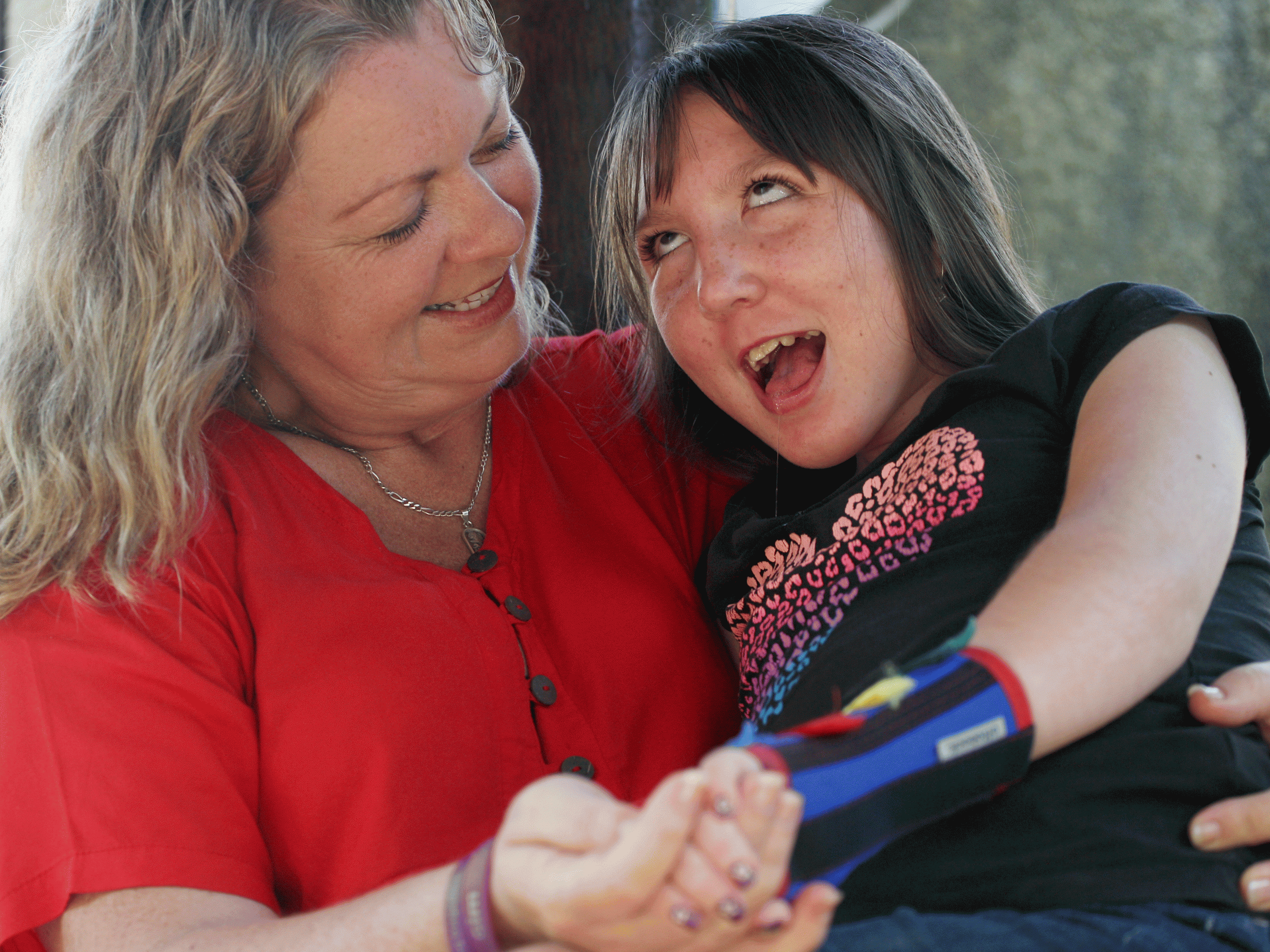Disabled daughter's womb removed in growth-stunting therapy in New Zealand
The 10-year-old's parents are afraid that growing too big will radically reduce her quality of life

A disabled girl who is unable to see, walk or speak has had her womb removed as part of growth-stunting therapy her parents hope will prolong her life.
Ten-year-old Charley Hooper, who was born without access to oxygen for the first hour of her life, will remain 1.3 metres tall and 24 kilogrammes in weight after receiving growth attenuation therapy, according to Global News.
Her family, who live in New Zealand, was afraid that as she grew older she might be in pain during puberty and need to be hoisted with machines.
Jen Hooper, Charley's mother, read a newspaper article in 2006 about a disabled girl in Seattle who had received the first case of growth attenuation.
The practice of receiving oestrogen to prevent breast growth and removing the womb to stop puberty had not been done before with a disabled person in New Zealand.
An Auckland ethics panel said the treatment was unnecessary, however, and would not allow it to go ahead.
Mrs Hooper was angry at this, saying many public places have no such "well developed" adaptations for disabled people.
"We didn't stomp on her human rights. As far as I'm concerned we did the opposite," said Mrs Hooper in interview with Global News.
"Surely she has a right to live as good a life as she can, as pain-free as she can, as involved and participatory as she can, and we feel like we've given her that."
Instead the family asked for the treatment to begin abroad and then have it continued in New Zealand, which the panel agreed to.
Hormones were first administered by a doctor in South Korea and completed by Paul Hofman, a paediatric endocrinologist at Starship Children's Hospital in Auckland.
He said that since the treatment, Charley is smiling more often, seems better able to move and that he has no regrets about the therapy.
But Margaret Nygren, CEO of the American Association on Intellectual and Developmental Disabilities, said that such therapy means "that you're keeping someone small for the convenience of those around them, not so the individual is able to have the most fulfilling life."
Subscribe to Independent Premium to bookmark this article
Want to bookmark your favourite articles and stories to read or reference later? Start your Independent Premium subscription today.

Join our commenting forum
Join thought-provoking conversations, follow other Independent readers and see their replies